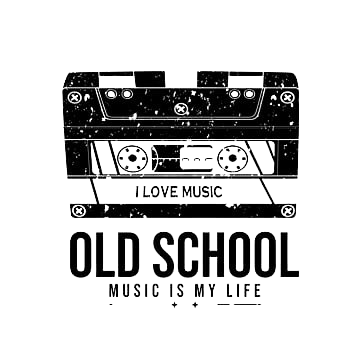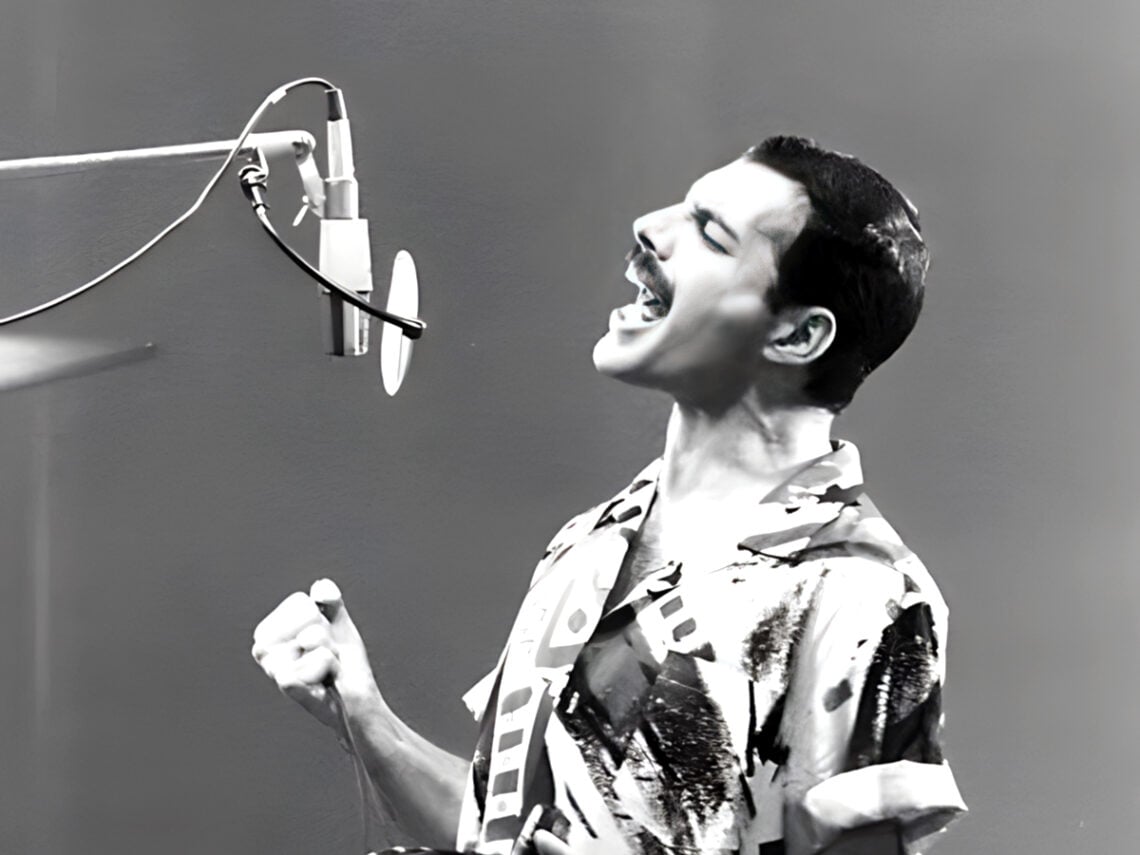Whenever Queen took to the stage, all eyes were inevitably fixated on Freddie Mercury. Unlike other frontmen of his time who either remained stationary or danced their way through the set, Mercury had a unique ability to captivate the audience from start to finish. He skillfully wielded the crowd like an additional instrument, seamlessly incorporating their energy into Queen’s performances. However, when it came time to enter the studio, the dynamic shifted. Despite his commanding presence onstage, Mercury admitted to feeling intimidated when John Deacon joined the band.
If life had gone just one decision differently, though, Queen would have probably never become nearly as big as they were. Before Mercury had started working with Brian May and Roger Taylor, the musicians had been working in their first group, Smile, before their lead singer Tim Staffell decided to call it quits.
While Mercury was already a fan of the group, he knew that he could take them further if he got behind the microphone. Boasting the kind of vocal range that would take most of us a good decade to master, Mercury was quick to carve out a new vision for Queen, coming up with the band’s trademark insignia and working on their first handful of songs left over from Smile like ‘Doing All Right’.
All they needed was a bass player, and in walked Deacon. Compared to the larger-than-life persona of the band, Deacon was the anti-Freddie Mercury whenever the group played live, always keeping to himself at the side of the stage and never raising his face beyond the occasional eyebrow raise when the band was really going off live.
When it came time to show everyone’s material, Deacon was head and shoulders above what anyone had expected. Outside of building his own trademark amplifier that would come to define his bass sound, Deacon was a pop marvel trapped inside an introvert’s body, putting together the makings of what would become Queen classics on songs like ‘You’re My Best Friend’.
Even though having one passing pop song in the band’s discography may have felt like a fluke, the song ‘You and I’ upped the ante for what Deacon could do, being another spellbinding love song. Whereas most artists would be happy to have someone like Deacon at their disposal, Mercury seemed almost intimidated when hearing what he could do for the first time.
When speaking about ‘You and I’, Mercury didn’t think that Deacon had the potential to make something so good, saying, “That’s the end of side one of ‘A Day At The Races.’ That was a track by John Deacon, his contribution to this album. His songs are good and are getting better every time. I’m getting a bit worried, actually…Don’t underestimate him; he’s got a fiery streak underneath all that”.
Deacon would only grow further as Queen entered the next decade, being responsible for some of their biggest radio hits like ‘I Want To Break Free’ as well as Satan’s gift to bass shops everywhere, ‘Another One Bites the Dust’. Mercury might be the one who soaks up the attention in Queen, but hidden beneath all that posturing, Deacon stands as one of the band’s best-kept secrets.

